

Climate Resilience
Community Roots, Global Reach: Four climate resilience lessons from Tanzania
From prolonged droughts to rising sea levels, Tanzanians are feeling the shifting environment more than ever. Despite contributing very little to the global carbon emissions driving these changes, Tanzania is disproportionately affected by the consequences.
Amid these struggles, however, communities are embracing innovative, locally-led and context-specific solutions to adapt and thrive, offering lessons in resilience and sustainability for the rest of the world.
Here are four climate resilience lessons we can learn from Tanzania.
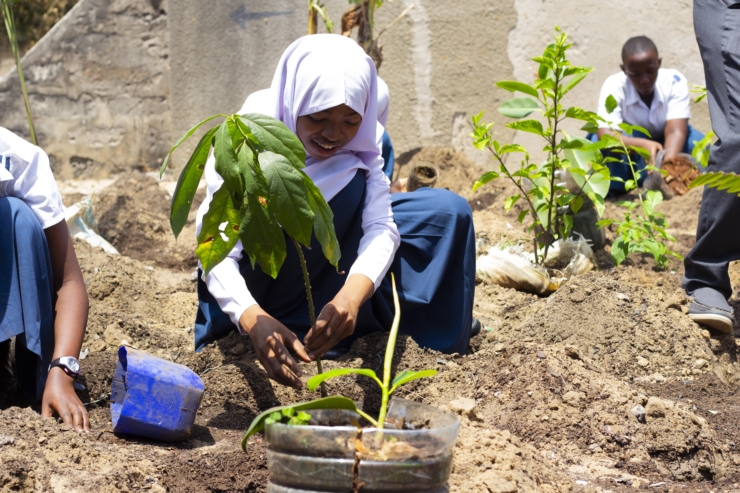
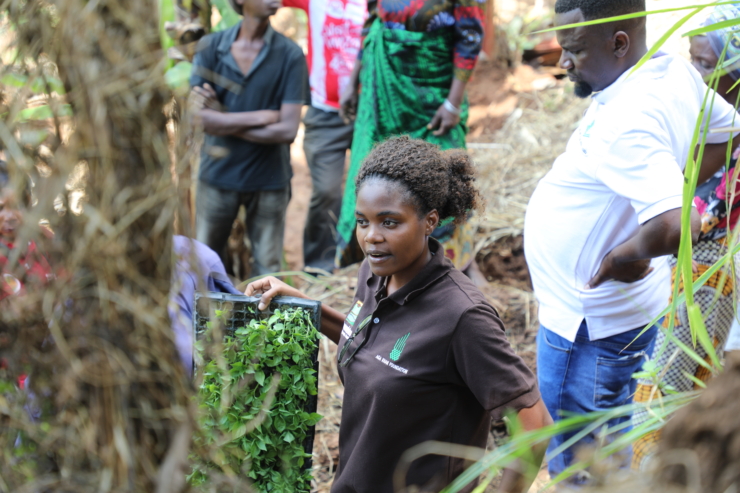
1. Harnessing collective stewardship drives environmental action
Tackling climate change requires collective effort, and Tanzania’s GROW Initiative, led by AKF, is a prime example of what collaboration can achieve.
Working in consultation with communities and in partnership with corporations such as Diamond Trust Bank and Jubilee Insurance, the initiative brings together stakeholders to decide and agree on the future-use of communal land as micro-forests – small, dense biodiverse forests that grow fast in both urban and rural areas – which is an important process especially when planting in a city like Dar es Salaam.
In doing so, these green spaces not only absorb carbon but also foster environmental education within communities, particularly for young people.
“Planting trees is more than just a simple act. It’s about sowing the seeds of environmental stewardship in the younger generation,” says Ibrahim Fivawo, Team Leader for the Maendeleo Project.
“By teaching them the importance of caring for our planet, we are ensuring that they will grow up with a deep understanding of why it is crucial to protect our environment.”
These micro-forests serve as hands-on learning environments, demonstrative of how partnerships between communities, businesses, and youth can drive environmental action, foster education, and nurture a sense of shared responsibility for the planet.
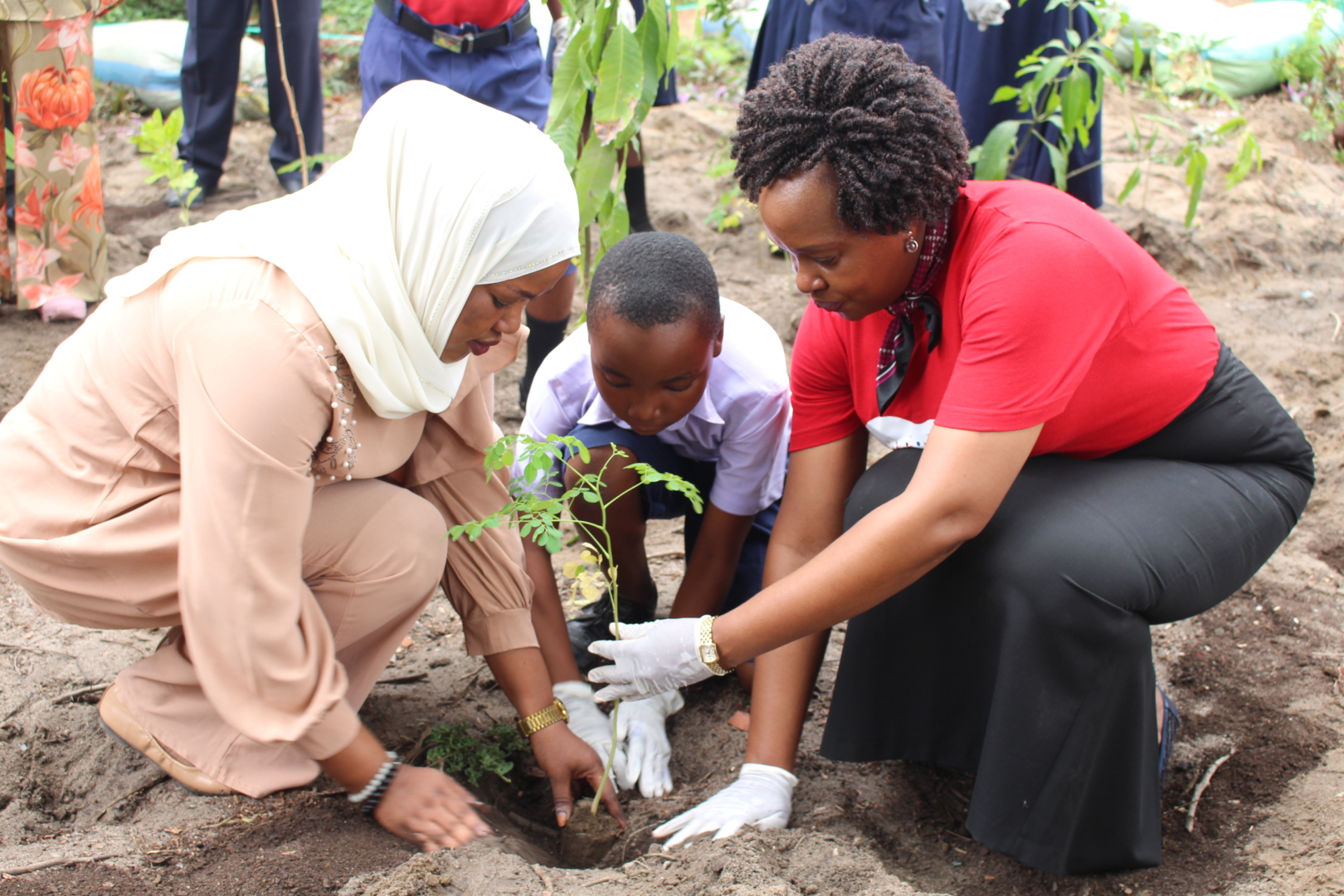
2. Restoring mangroves can address environmental, social, and economic challenges
Tanzania’s coastline is on the frontlines of the climate crisis, with rising sea levels and storms threatening lives and livelihoods. Yet nature offers its own defense: mangrove forests.
Mangroves act as natural buffers against storm surges and coastal erosion, while also absorbing significant amounts of carbon.
In Bagamoyo, coastal communities are coming together to restore these vital ecosystems. Thousands of mangrove seedlings have been planted, stabilising shorelines, creating habitats for marine life, and supporting sustainable livelihoods like bee-keeping and crab nurseries. As these forests flourish, they offer a reminder that environmental care and social and economic stability can go hand in hand.
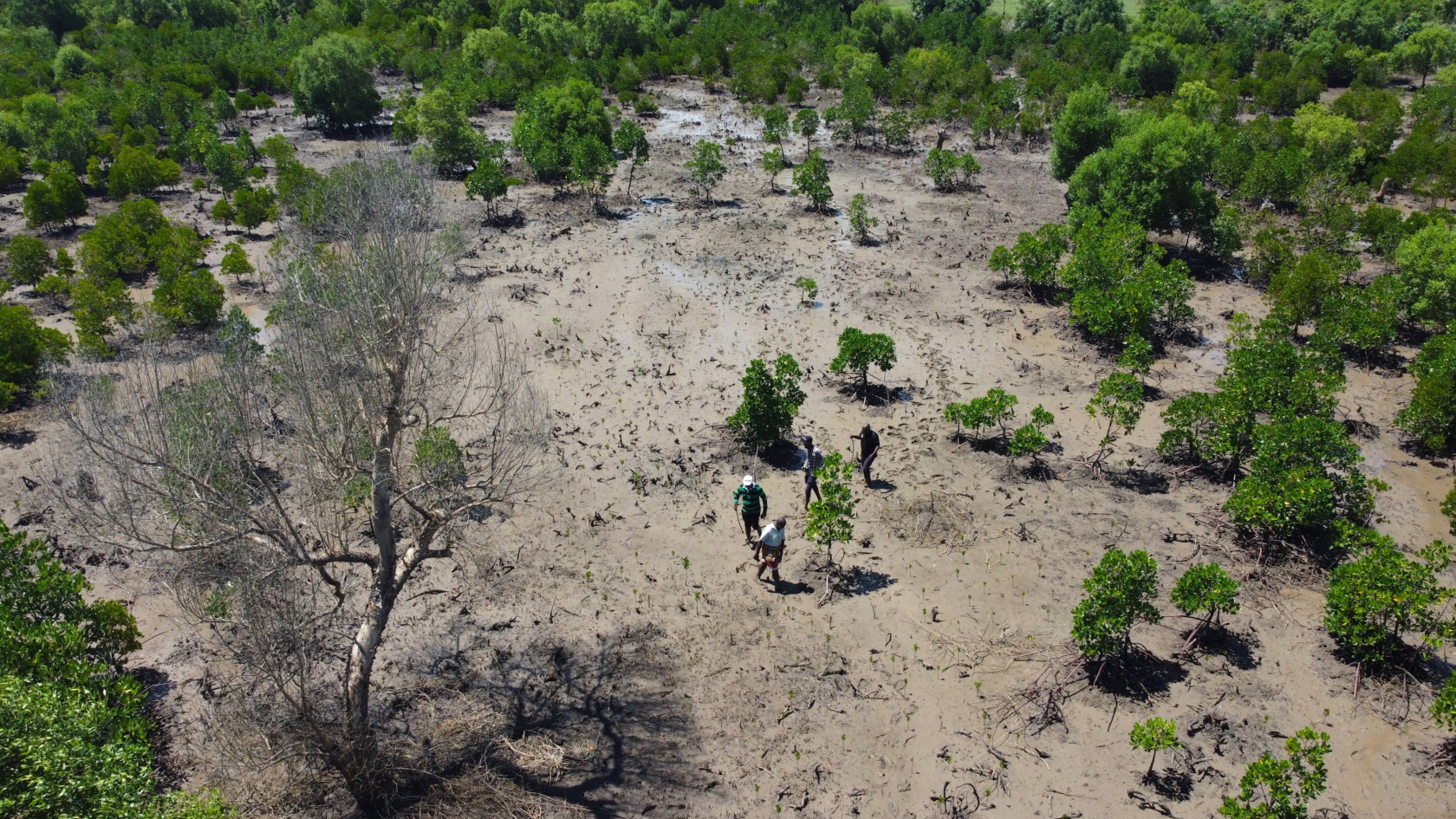
3. Adopting regenerative farming practices improves food security, incomes, and soil health
For Tanzanian farmers, climate change means uncertainty. Through AKF’s Maendeleo Initiative, farmers are revolutionising their fields with regenerative farming, embracing methods like crop rotation, agroforestry, and organic composting that restore soil health and build climate resilience.
In Morogoro, farmers have transformed barren fields into fertile, thriving landscapes. The initiative’s “Green Champions” — young advocates who teach climate-resilient agriculture to smallholder farmers — are at the forefront, sharing their knowledge with farmers and students alike.
With over 2,500 farmers trained and more than half adopting regenerative practices, the Maendeleo Initiative is proving that sustainable farming can be both practical and transformative – where farmers are not only becoming more food secure but are also growing their incomes and rejuvenating their land.
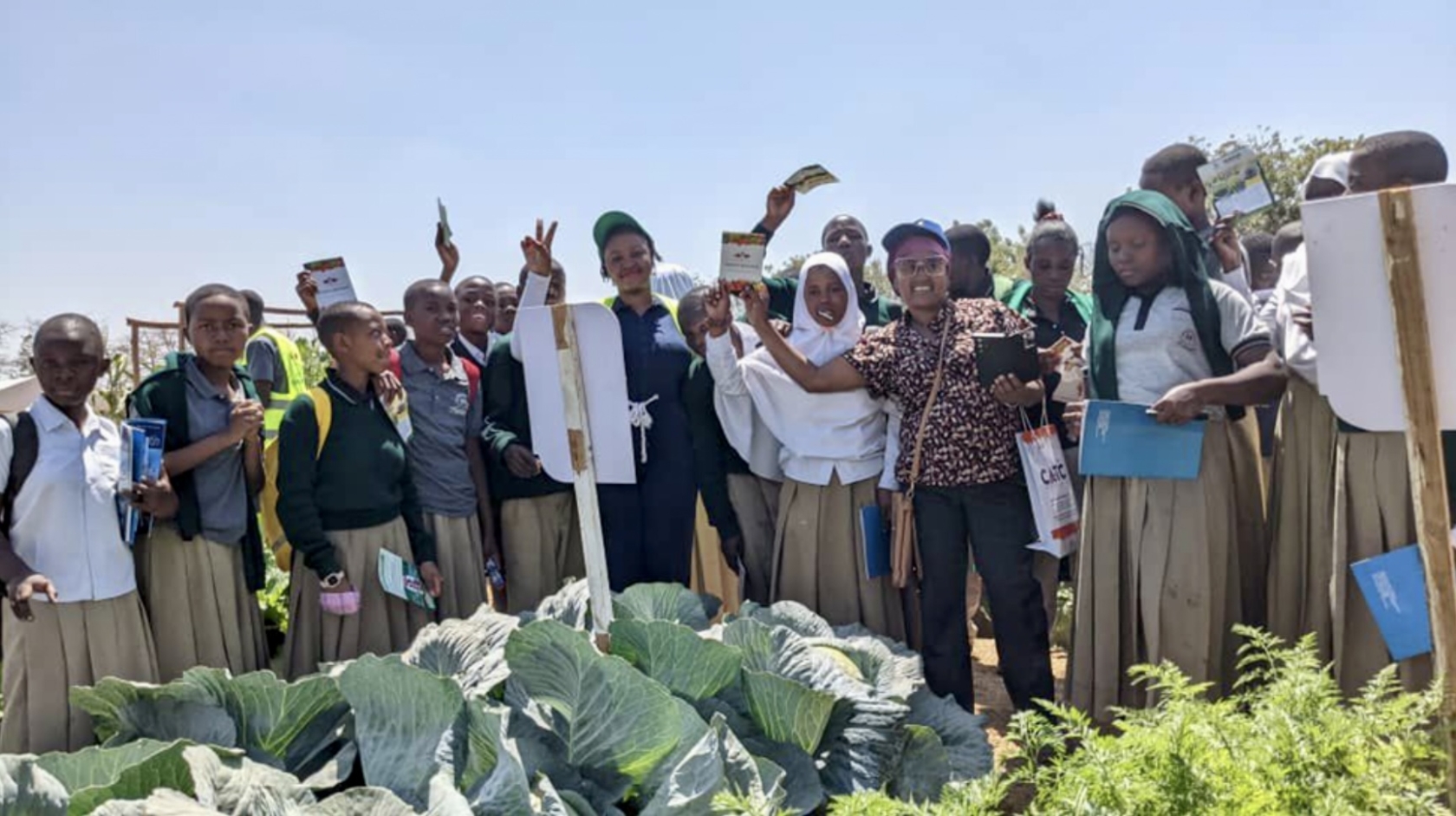
4. Embedding climate action in education fosters future generations who can drive sustainable development
Through the USAID and FCDO-funded CO-CREATE project, AKF is supporting teachers’ agency to bring the environment into classrooms across Dar Es Salaam and Lindi.
Climate solutions, such as nursery establishment and grey water recycling, are fostering awareness and action among youth, while being mobilised as pedagogical tools to improve holistic learning and youth development outcomes among children.
AKF Initiatives – such as GROW – also seamlessly blend climate education with action. Schools are using micro-forests and green spaces as practical learning tools, reinforcing the idea that environmental responsibility begins at the local level.
“Thanks to the knowledge we have acquired, our students are now equipped with innovative and sustainable farming techniques that not only reduce costs but also ensure food security.”Daud Mwakipesile, Headmaster of Madamu Eco School, Morogoro
One local school has even established a vegetable garden to teach students about nutrition and sustainability, with lessons that extend beyond the classroom to their homes and communities.
“Thanks to the knowledge we’ve acquired, our students are equipped with sustainable farming techniques that reduce costs and ensure food security,” says Daud Mwakipesile, Headmaster of Madamu Eco School in Morogoro.
Beyond the classroom, these youth are driving change by spreading environmental knowledge to their families and peers with confidence – fostering a culture of environmental stewardship.
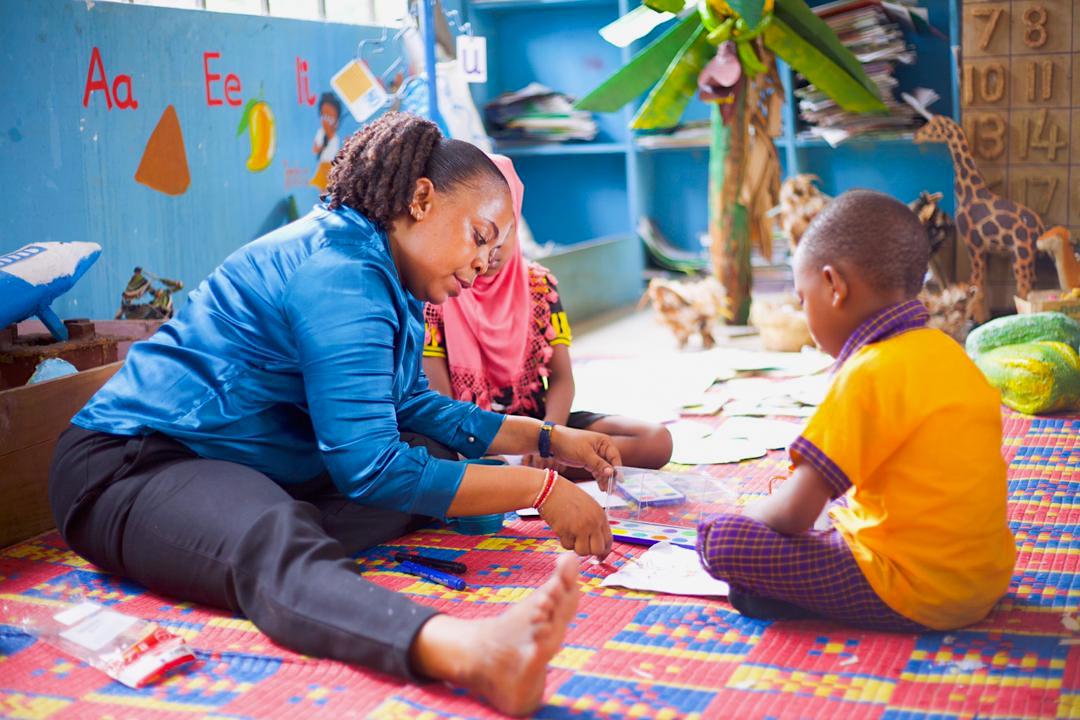
A vision for a climate resilient future
Tanzania’s efforts to address climate change are rooted in creativity, commitment, and collaboration. These grassroots solutions are not only transforming local communities but also offering a blueprint for the world.
As Tanzania plants the seeds of climate resilience today, it paves the way for future generations to inherit a greener, more sustainable planet.
Related News & Stories

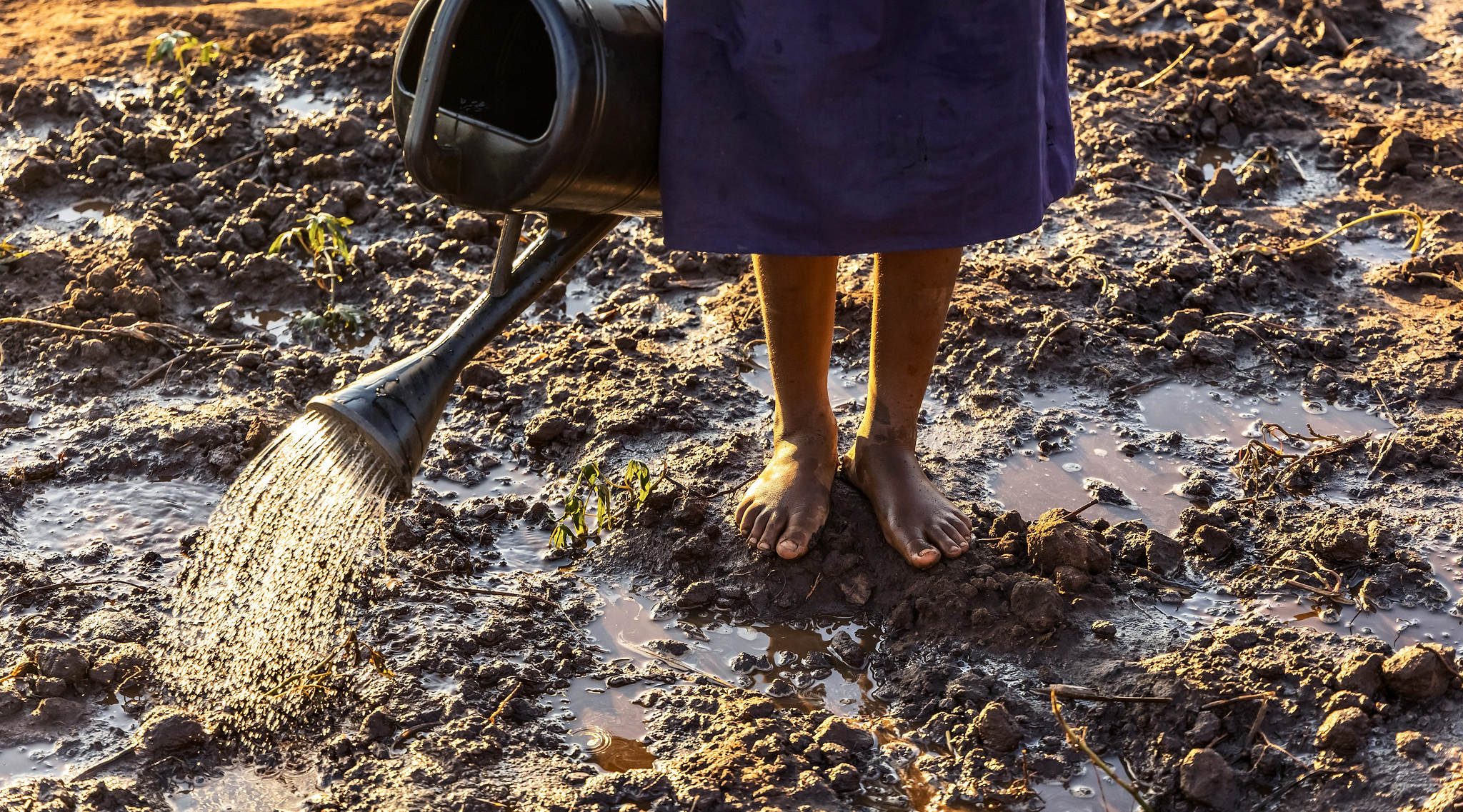
Photo essay: A tale of two school gardens in Tanzania
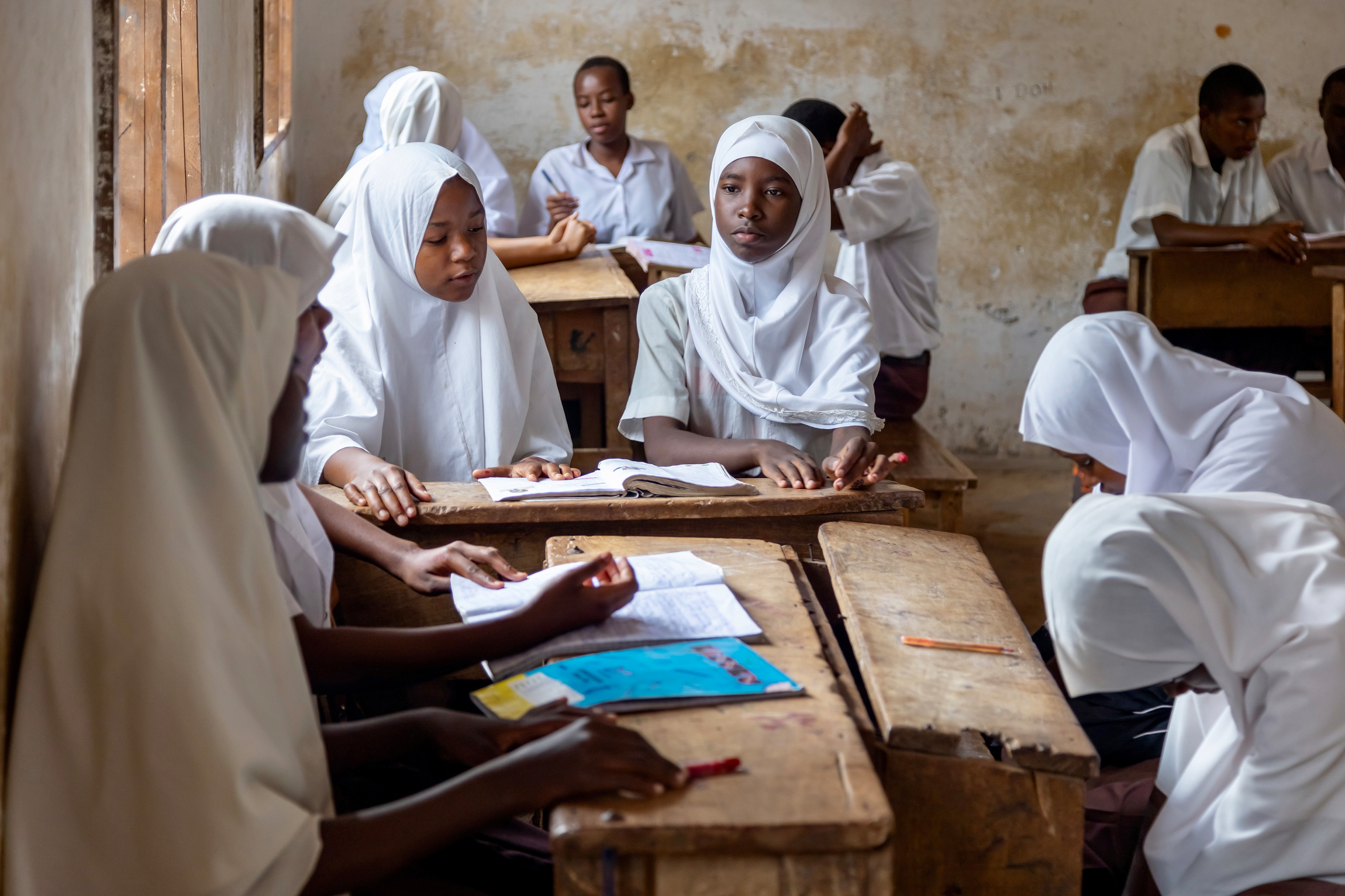
Teaching the watershed generation: How educators in Africa can shape the continent’s future
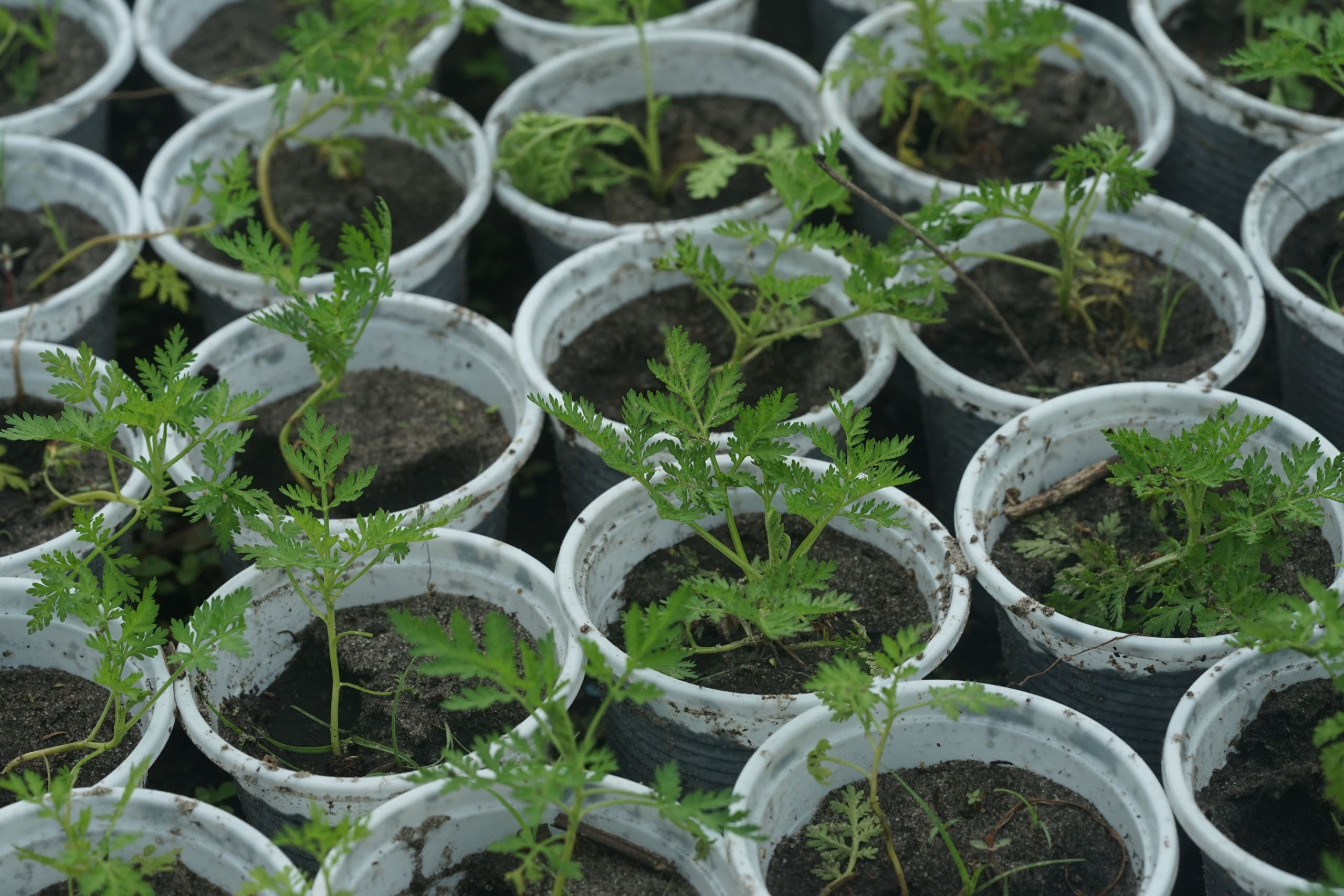
AKF and AKU to host the world’s first International Symposium on Artemisia

The Indian Ocean: How can coastal communities adapt to a rapidly changing environment?
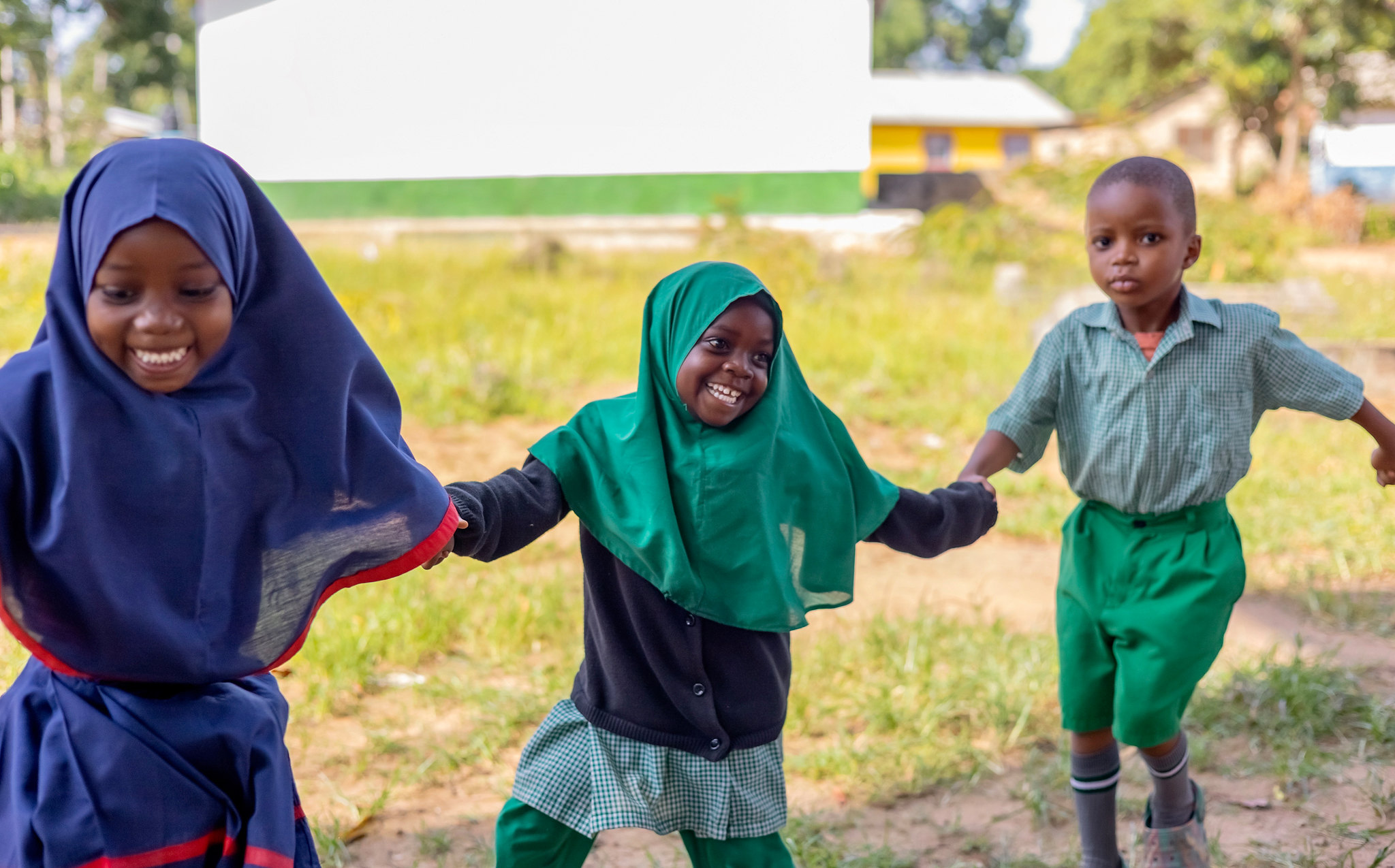
AKF and Bezos Family Foundation expand partnership to boost early childhood development in Asia and Africa
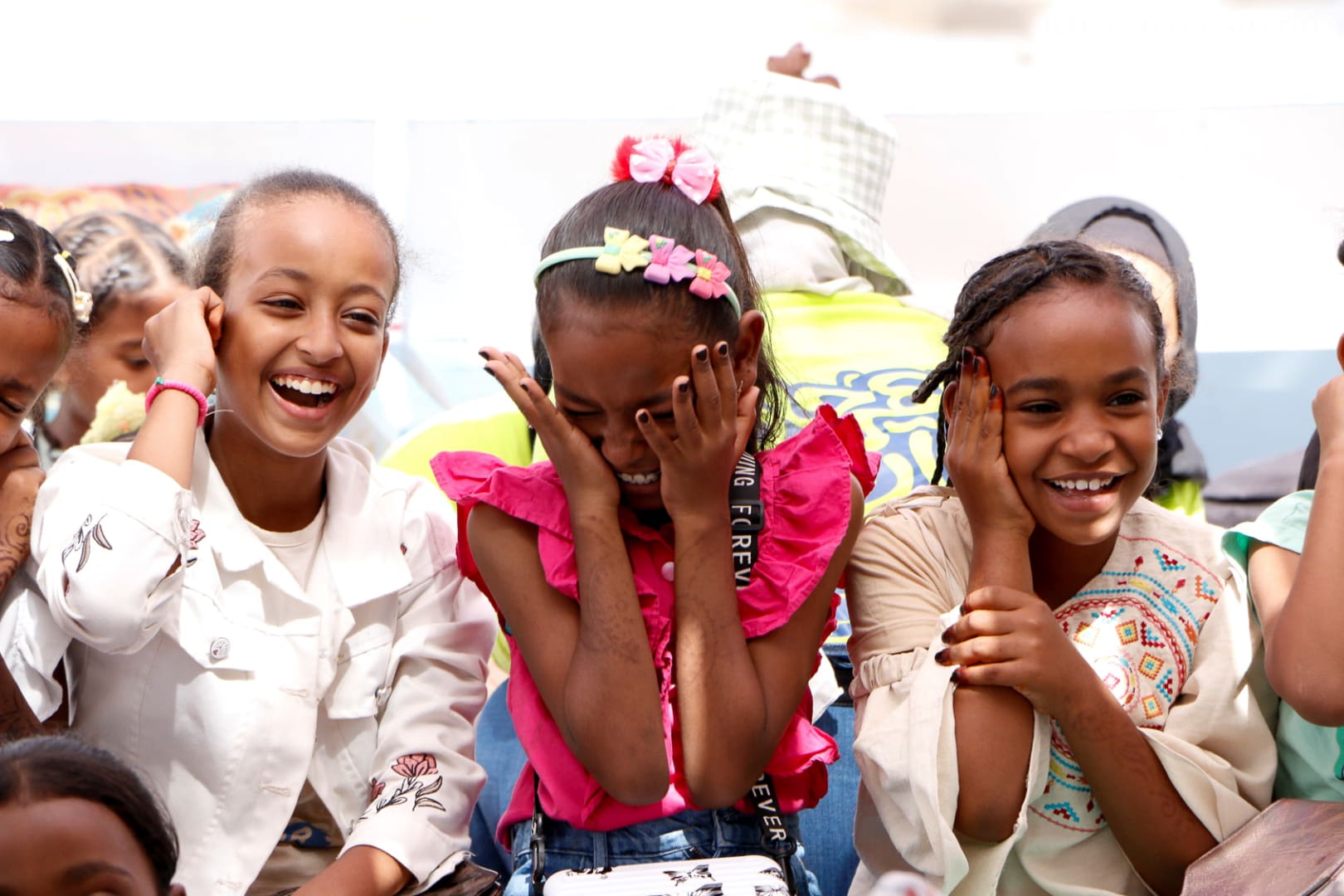
Support our work Your donations are helping us build a future where we all thrive together.